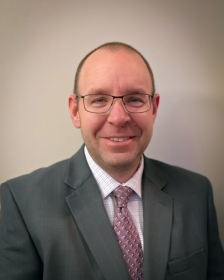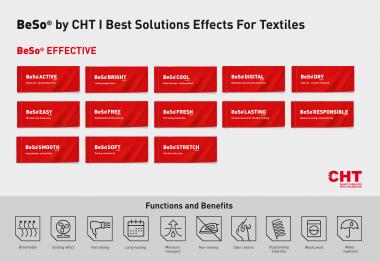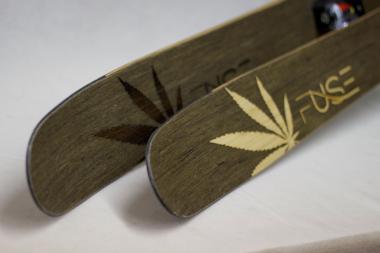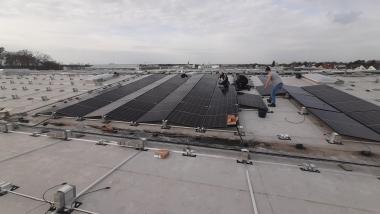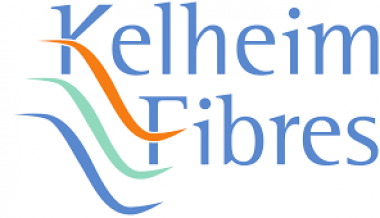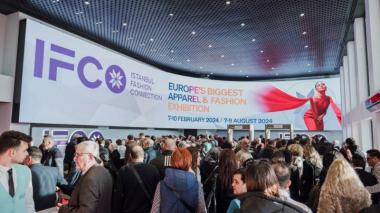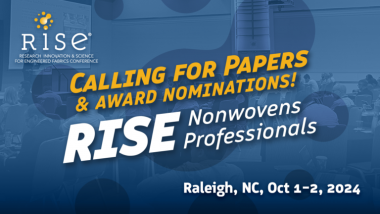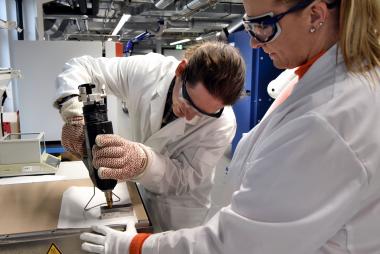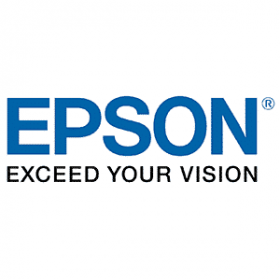INDA: New Director of Memberships and Business Development
INDA, the Association of the Nonwoven Fabrics Industry, has named experienced sales and business development professional Dan Noonan as its new Director of Memberships and Business Development. Noonan brings 20 years of experience leading sales teams across the U.S. at Localedge/Hearst Media Services.
Noonan will be responsible for enhancing the value of INDA membership and its industry supporting programs. He will work with staff, leadership, and members to identify and expand opportunities to enhance our programs, services and our relevance to the industry.
INDA, Association of the Nonwoven Fabrics Industry


